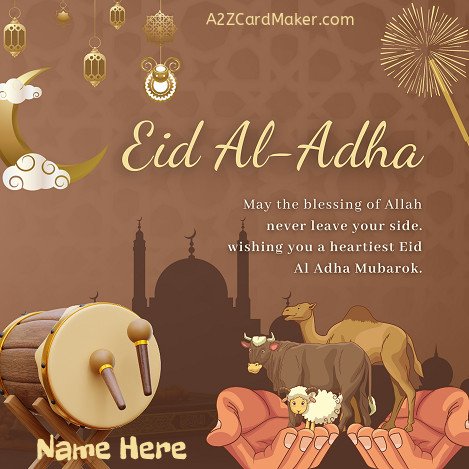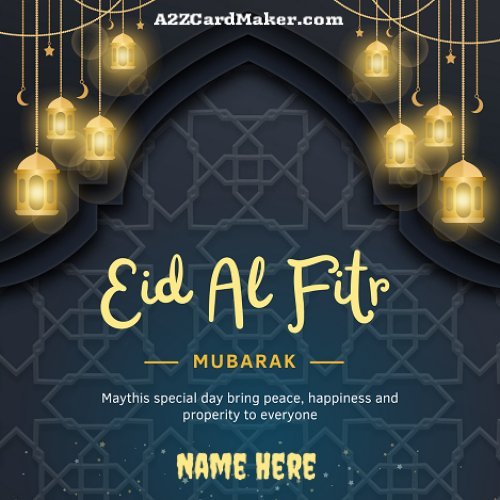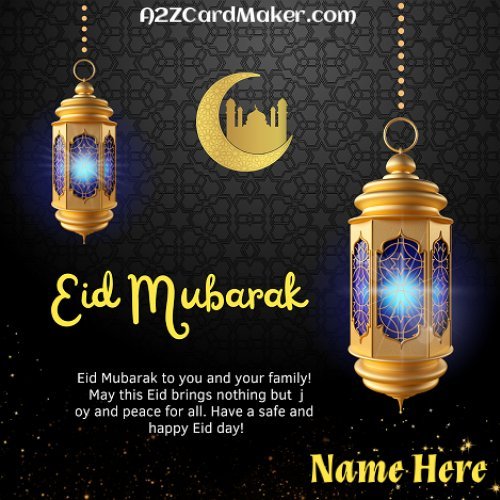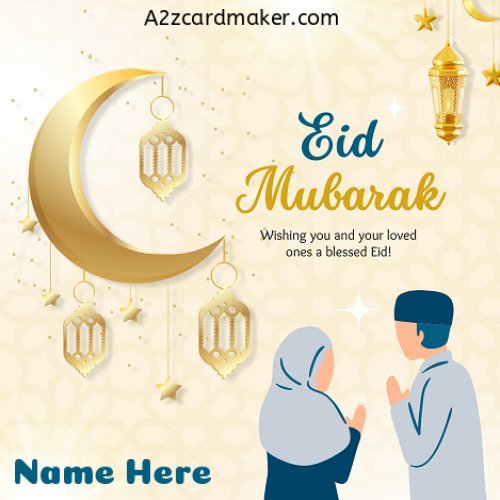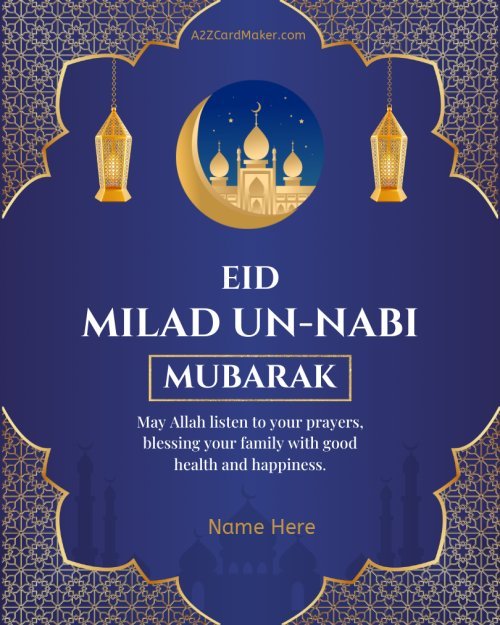Eid ul-Adha Celebration: Rituals and Meaningful Traditions
As Eid ul-Adha approaches, we celebrate this significant occasion with joy and reverence. This blessed festival, also known as the Festival of Sacrifice, holds profound importance in the Islamic calendar. Let us come together to reflect on the rituals and significance that make Eid ul-Adha a cherished and sacred event.
The Ritual of Qurbani: At the heart of Eid ul-Adha is the ritual of Qurbani, which commemorates the willingness of Prophet Ibrahim (Abraham) to sacrifice his son, Isma'il (Ishmael), in obedience to Allah's command. However, in his ultimate test of faith, Allah replaced Isma'il with a ram, allowing Ibrahim to fulfill his duty without harm to his son.
This act of sacrifice symbolizes surrendering our desires and submitting to the will of Allah. Muslims who are financially able to do so perform Qurbani by sacrificing an animal, typically a goat, sheep, cow, or camel, and distributing the meat among family, friends, and those in need.
The Importance of Charity: Eid ul-Adha emphasizes the spirit of giving and compassion towards others, especially those less fortunate. It encourages us to share the joy of the occasion with those in need, fostering a sense of unity and empathy within the community.
Through acts of charity, we reaffirm the values of generosity and selflessness, following in the footsteps of Prophet Ibrahim, who exemplified unwavering devotion to Allah and kindness to others.
Prayer and Devotion:
On the day of Eid ul-Adha, Muslims gather at the mosque or an open prayer ground to offer the special congregational prayer known as the Eid Salah. This prayer is a symbol of unity, as people from various walks of life come together to worship and express gratitude to Allah.
The Eid Salah is an opportunity for believers to strengthen their spiritual connection and seek forgiveness for their shortcomings. It is a moment of reflection and introspection, as well as a time to seek blessings for the entire community.
Family and Togetherness: Eid ul-Adha is a time when families unite to commemorate the significance of the occasion. From dressing in their finest attire to exchanging warm greetings and partaking in festive meals, the atmosphere is filled with love, laughter, and happiness.
The joy of sharing delicious food, exchanging gifts, and spending quality time with loved ones strengthens the bond of kinship and creates lasting memories that are treasured for a lifetime.
Conclusion: As we celebrate Eid ul-Adha, let us remember the essence of sacrifice, charity, and devotion that lie at the core of this beautiful festival. May our hearts be filled with gratitude, and may our actions reflect the spirit of giving and compassion that define Eid ul-Adha.
Eid Mubarak to you and your family! May this blessed occasion bring you joy, peace, and blessings in abundance.
